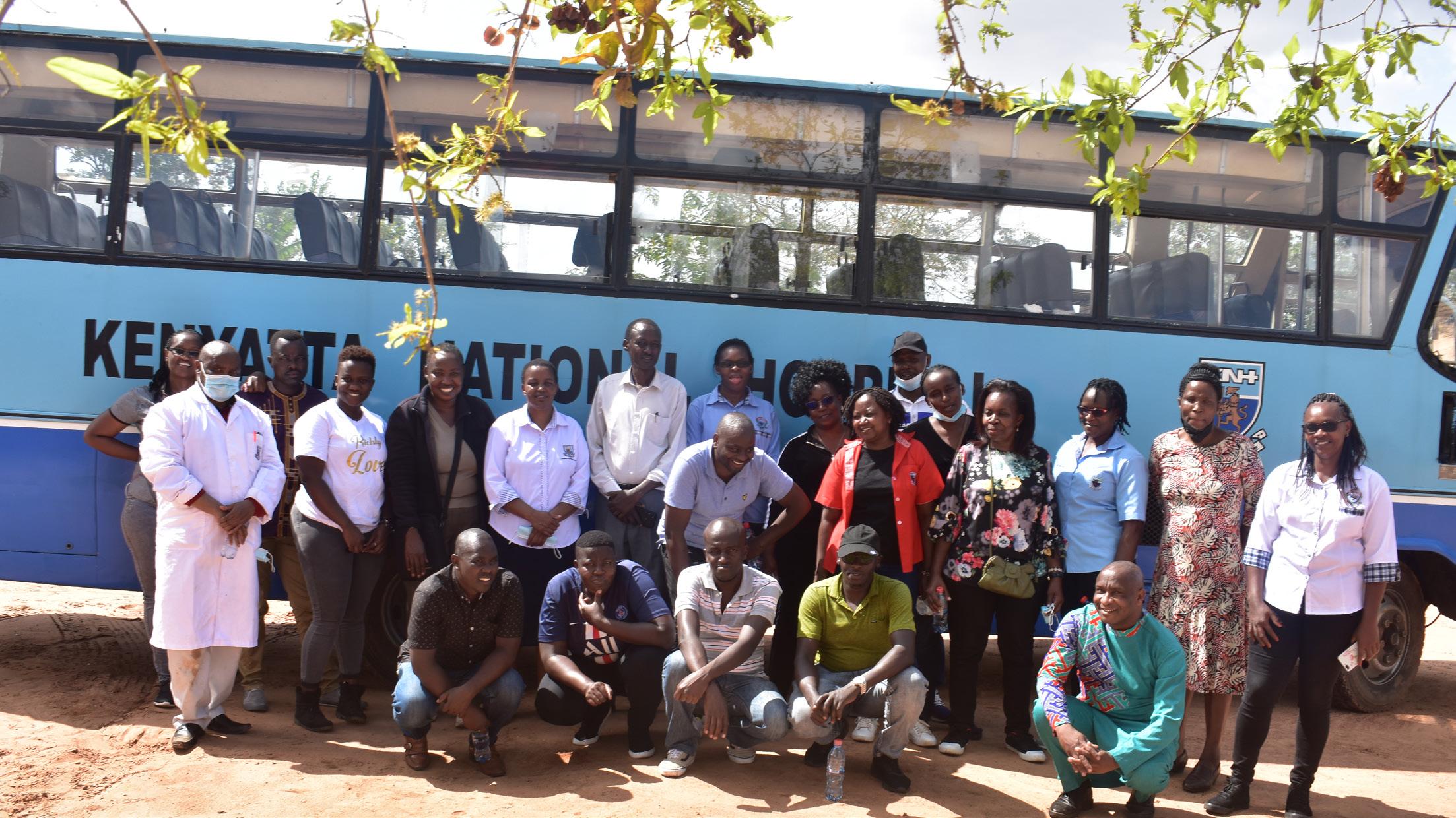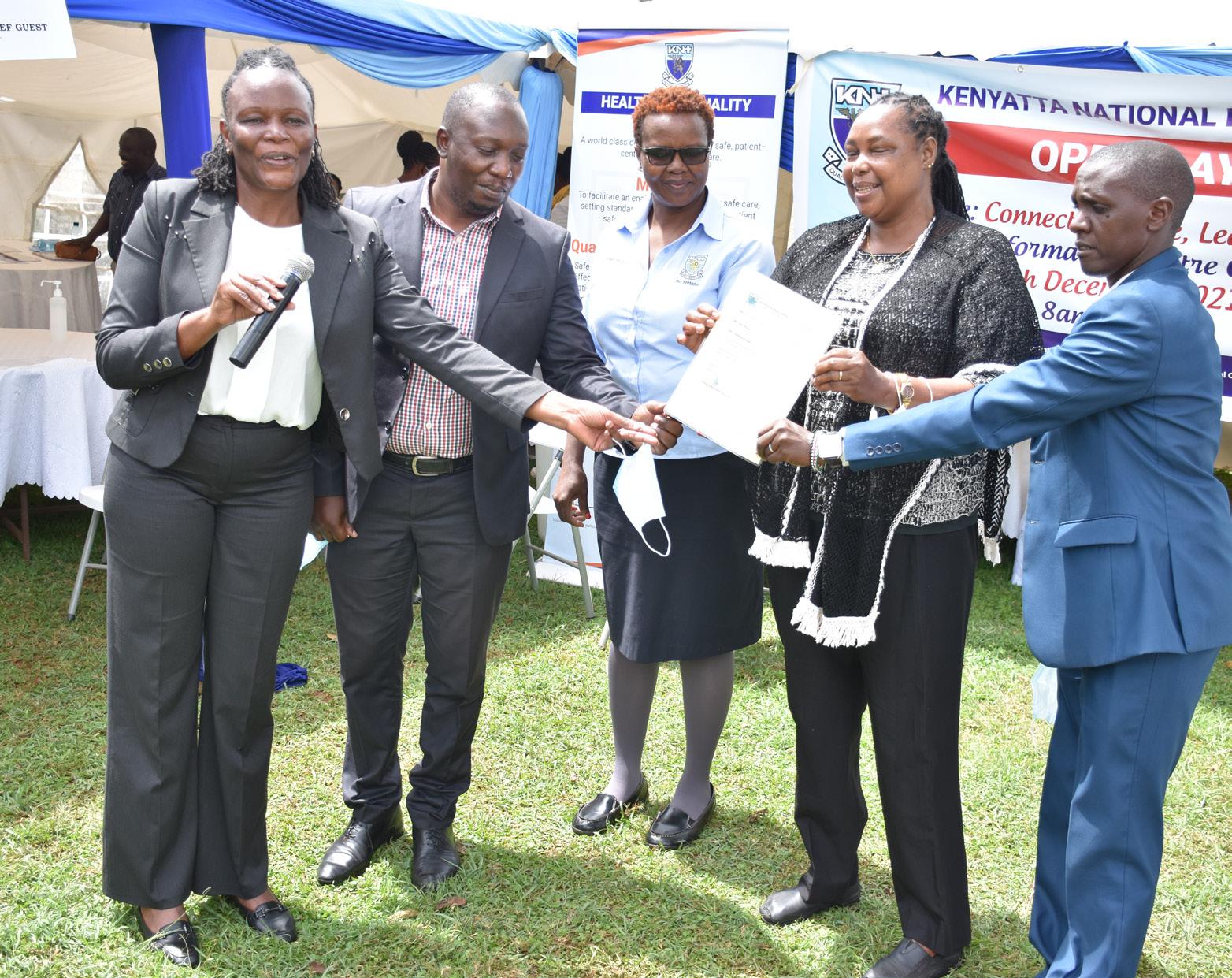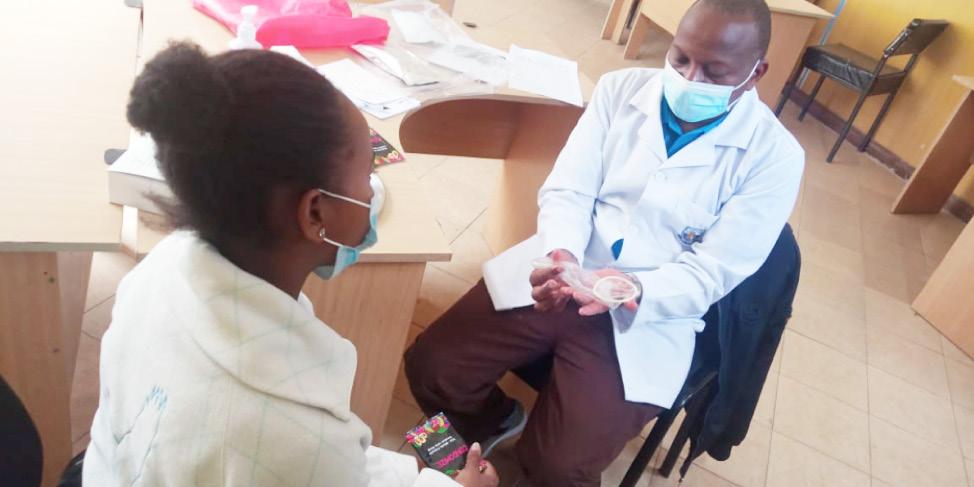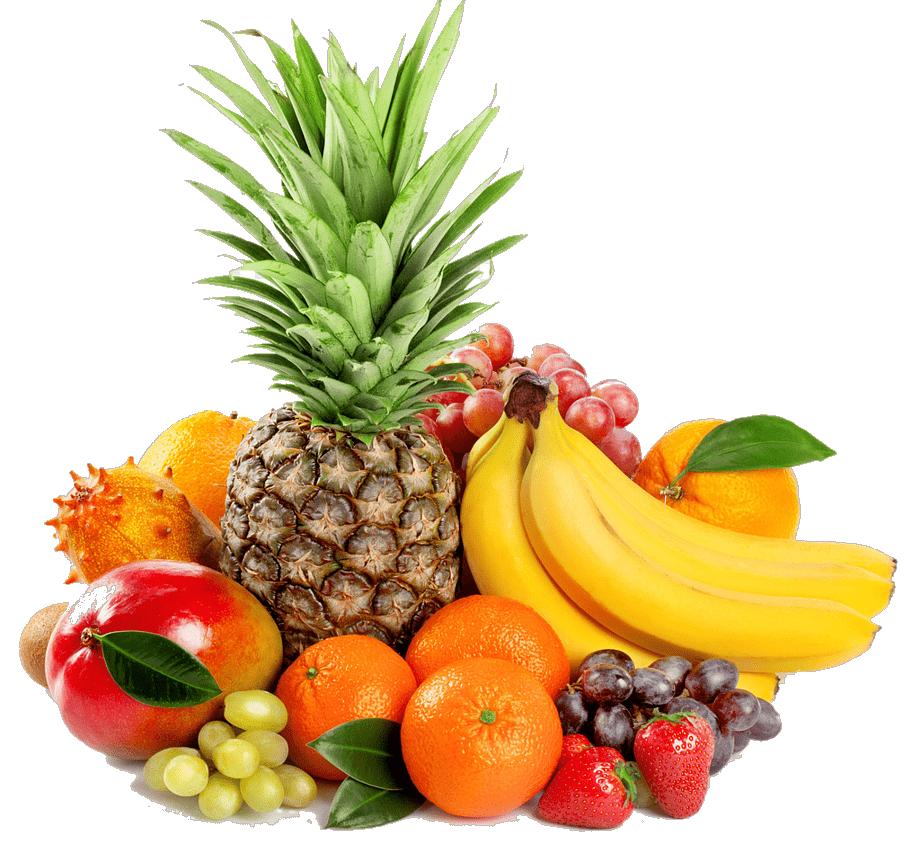17/12/2021
Update on COVID-19 variants By Verah Mugambi As the pandemic drags onto its second year, we are seeing the emergence of several variants as was initially feared by experts. All viruses, including the SRSCoV-2, the virus that causes COVID-19, mutate over time. Most changes have little or no impact on the virus properties. However, some changes have some impact on the virus’ properties such as how easily it spreads, the associated disease severity, or the performance of vaccines, therapeutic medicines, diagnostic tools, or other public health and social measures. In November 2021, the 5th variant of concern was discovered. It was named Omicron by the World Health Organization (WHO). After the discovery, we have seen different reactions around the world, from countries locking out travelers from certain regions to curfew enforcement. This has made people curious to know more about the Omicron variant. Coronavirus variants are classified in different categories by organizations such as the World Health Organization (WHO) and the Centers for Disease Control and Prevention (CDC). A variant of interest is a coronavirus variant that, compared to earlier forms of the virus, has genetic characteristics that predict greater transmissibility, evasion of immunity or diagnostic testing, or more severe disease. A variant of concern has been observed to be more infectious, more likely to cause breakthrough or re-infections in those who are vaccinated or previously infected. These variants are more likely to cause severe disease, evade diagnostic tests, or resist antiviral treatment. Alpha, beta, gamma, and delta variants of the SARS-CoV-2 coronavirus are classified as variants of concern. A variant of high consequence is a variant for which current vaccines do not offer protection. As of now, there are none. The established nomenclature systems for naming and tracking SARS-CoV-2 genetic lineages by GISAID, Nextstrain, and Pango are
currently and will remain in use by scientists and scientific research. To assist with public discussions of variants, WHO convened a group of scientists from the WHO Virus Evolution Working Group… (now called the Technical Advisory Group on Virus Evolution), the WHO COVID-19 reference laboratory network, representatives from GISAID, Nextstrain, Pango, and additional experts in virological, microbial
ISSUE 26 | Kenyatta National Hospital Newsline
nomenclature and communication from several countries and agencies to consider easy-to-pronounce and non-stigmatizing labels for VOI and VOC. At present, this expert group convened by WHO has recommended using letters of the Greek Alphabet, i.e., Alpha, Beta, Gamma, Delta which, will be easier and more practical to be discussed by non-scientific audiences.
17










